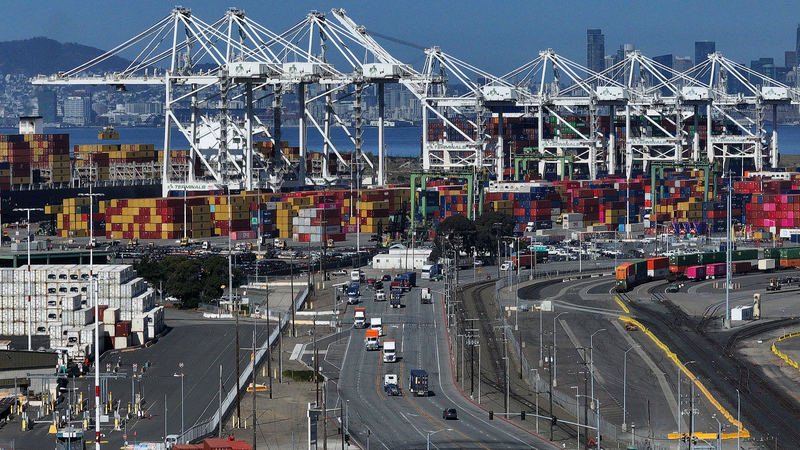On Wednesday, a coalition of twelve U.S. states stood before a three-judge panel at the Manhattan-based Court of International Trade, arguing that President Donald Trump's sweeping "Liberation Day" tariffs overstep his authority under the International Emergency Economic Powers Act (IEEPA). In what could become a landmark trade-law showdown, Democratic attorneys general from New York, Illinois, Oregon and nine other states contend that calling a national emergency to impose across-the-board duties on imports from nations with larger U.S. sales than purchases amounts to a "blank check" on presidential power.
At the hearing, attorneys for the states painted IEEPA – designed to address "unusual and extraordinary" threats to national security – as a tool that requires a narrowly tailored, emergency-driven response, not broad leverage for negotiating trade deals. Brian Marshall, representing Oregon, called it a "misinterpretation" that treats the law as a license to "set tariffs of any amount, on any country, for any length of time, and no court can review it."
Justice Department lawyer Brett Shumate defended the administration's view, arguing that using tariffs to create "pressure" fits squarely within IEEPA's authority to regulate international transactions. "These tariffs are right now giving the president the leverage that he needs," Shumate told the judges, pointing to the administration's goal of reshaping trade relationships with deficit nations.
Judges pressed both sides on the scope of their power. Judge Jane Restani, appointed by Republican President Reagan, challenged the idea that federal courts have no say once a president declares an IEEPA emergency. "Nothing is so crazy or unrelated that it could be stopped by the courts?" she asked, seeking a boundary. On the other side, Judge Gary Katzmann, an Obama appointee, questioned whether the court should act as a "backseat driver" in foreign policy matters.
This case marks one of at least seven legal battles over the Trump administration's tariff strategies. Separate suits have been filed by California, businesses, advocacy groups and tribal entities like the Blackfeet Nation. A similar challenge by five small businesses was heard by this same panel last week. Rulings in both cases are expected in the coming weeks, with potential appeals all the way to the U.S. Supreme Court.
As global supply chains and market access hang in the balance, business and tech communities, legal experts and trade partners around the world will be watching closely. The outcome could redefine the limits of presidential emergency powers in trade – and set a new precedent for how economic leverage is wielded on the international stage.
Reference(s):
12 U.S. states decry Trump's 'blank check' tariffs in lawsuit
cgtn.com



